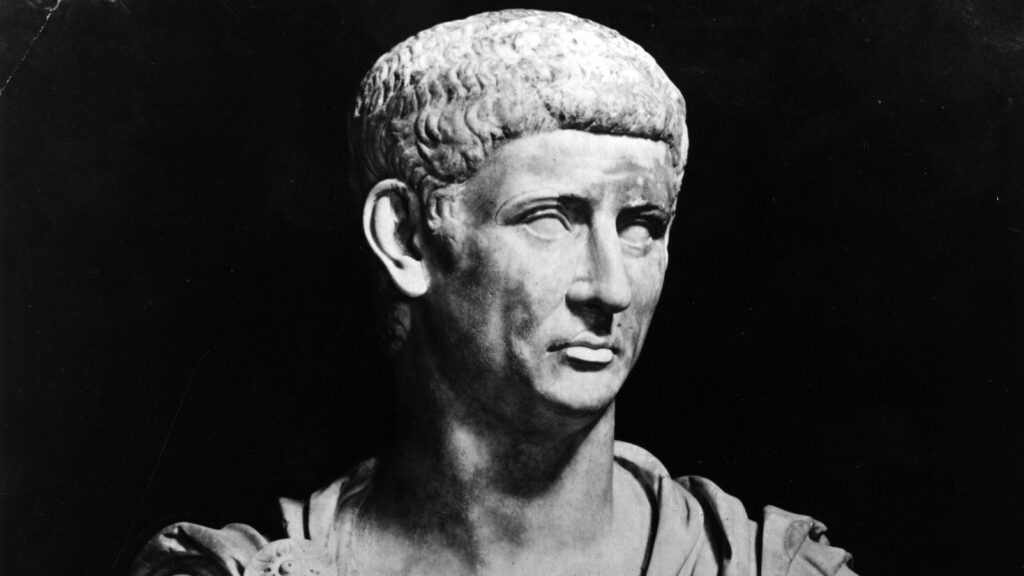In the current tech-driven society, nearly everything today is becoming short-lived. To trend is one thing, and to sustain that momentum—especially in my country, Kenya—is another. We usually estimate two weeks of fame for any trending topic before it fades, replaced by the next new sensation. However, when it comes to relationships, this pattern should not be the norm. A ten-year relationship may have been shaken in the first two weeks of this month for one reason or another. But should love be as fleeting as trends?
Valentine’s Day has deep historical roots, dating back to ancient Rome. It is believed to have originated from the Roman festival of Lupercalia, a fertility celebration held in mid-February. As Christianity spread, Pope Gelasius I replaced this pagan festival with a day to honor St. Valentine in the 5th century.
Several legends surround St. Valentine. One suggests he was a priest who performed secret marriages for soldiers, defying Emperor Claudius II’s ban on marriage for young men, as he believed single soldiers fought better. Another account tells of Valentine assisting persecuted Christians, for which he was imprisoned and executed on February 14th. While the exact details remain debated, his legacy became a symbol of love, sacrifice, and commitment.
Philosophers have long debated the nature of love. Plato, in The Symposium, explored different kinds of love, emphasizing that true love transcends mere physical attraction and is rooted in intellectual and spiritual connection. Aristotle, on the other hand, viewed love as an essential component of virtue and human flourishing, suggesting that true love involves mutual respect and growth.

In today’s fast-paced digital world, the commodification of relationships has led to a culture of fleeting connections. Social media fosters instant gratification, reducing love to gestures that are sometimes more performative than genuine. This raises the question: have we diluted the essence of love by making it susceptible to trends?
Love, like any meaningful commitment, requires effort, patience, and virtue. In an era where relationships are often tested by external influences—be it societal expectations, digital distractions, or fleeting emotions—it is crucial to uphold virtues such as loyalty, honesty, and kindness.
Moral thinkers such as Immanuel Kant argued that love should be guided by duty and moral principles rather than mere emotions. Likewise, Confucianism emphasizes “ren” (benevolence) and “li” (proper conduct), which stress the importance of maintaining harmony and respect in relationships.
Where trends come and go, let us not allow our relationships to be dictated by the same fleeting patterns. Love should not be confined to grand gestures on February 14th but should be nurtured consistently. Whether in friendships, family bonds, or romantic relationships, sustaining love requires continuous effort and intentional acts of care.
To build lasting relationships, consider these practical steps:
- Effective Communication – Open, honest, and respectful conversations foster understanding and connection.
- Quality Time – Prioritize meaningful time together without distractions from digital devices.
- Acts of Service – Show love through thoughtful actions that express care and support.
- Trust and Transparency – Be honest and build trust through consistency and integrity.
- Emotional Support – Offer a listening ear and be present for your loved ones in times of joy and hardship.
- Shared Growth – Encourage each other’s personal and professional development to strengthen your bond.
Was Valentine’s Day short-lived? Perhaps the festivities were, but love itself should not be.
While our digital age may encourage short-lived trends, meaningful relationships require
enduring commitment. As we reflect on the origins of Valentine’s Day, let us embrace love as a
lifelong virtue—one that withstands the tests of time and trends.

